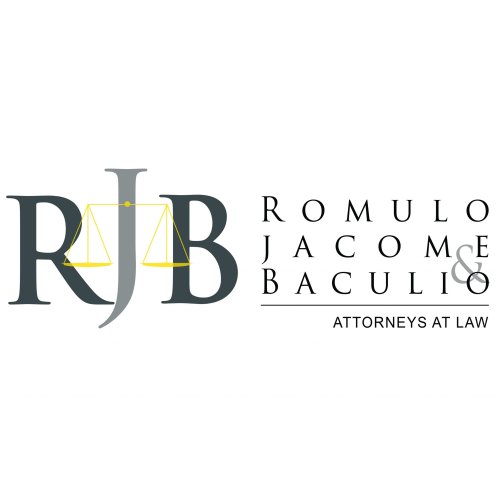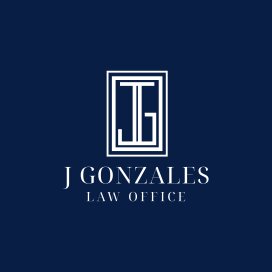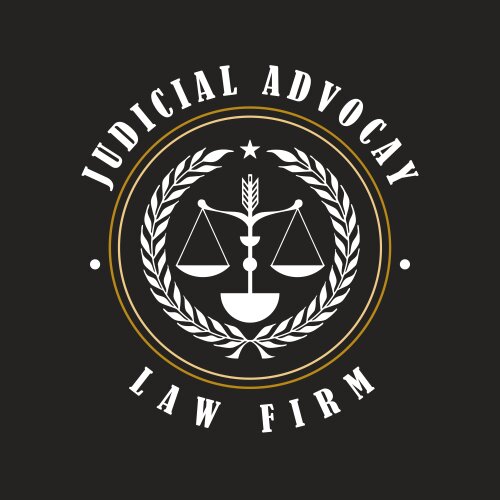Best Conveyancing Lawyers in Manila
Share your needs with us, get contacted by law firms.
Free. Takes 2 min.
Free Guide to Hiring a Real Estate Lawyer
List of the best lawyers in Manila, Philippines
About Conveyancing Law in Manila, Philippines
Conveyancing refers to the legal process of transferring property ownership from one person or entity to another. In Manila, Philippines, this process is governed by a range of laws, rules, and customs designed to ensure property transactions are conducted lawfully and securely. Conveyancing typically involves preparing, verifying, and lodging the documents necessary to effect property transfers, examining the property title, and ensuring that all requirements imposed by Philippine authorities are fulfilled. The process is essential to safeguard both the buyer's and seller's rights in real estate transactions.
Why You May Need a Lawyer
Conveyancing can be a complicated and technical procedure, especially for individuals unfamiliar with property law in Manila. Here are common situations where engaging a lawyer is highly recommended:
- You are buying or selling real estate, such as land, a house, or a condominium unit.
- You need to verify the authenticity of property titles and check for any legal encumbrances or disputes.
- You are facing issues related to inheritance or transfer of property due to a death in the family.
- Your property is subject to subdivision or boundary disputes.
- You want to ensure compliance with tax laws and government documentation requirements.
- You need assistance with the drafting and review of contracts, such as Deeds of Absolute Sale, Deeds of Donation, or powers of attorney.
- You are a foreigner seeking to acquire or lease property in the Philippines under specific legal exceptions.
- You require guidance on capital gains and documentary stamp taxes involved in property transactions.
Local Laws Overview
The conveyancing process in Manila is shaped by several key laws and regulations:
- The Property Registration Decree (Presidential Decree No. 1529) governs how properties are registered and how ownership is transferred.
- The Civil Code of the Philippines provides the general law governing contracts, sales, donations, succession, and property rights.
- Republic Act No. 4726 or the Condominium Act regulates the sale, ownership, and transfer of condominium units.
- Real Estate Service Act (RA 9646) requires that real estate transactions be supervised by licensed brokers or practitioners.
- Taxes such as the Capital Gains Tax, Documentary Stamp Tax, Transfer Tax, and local registration fees must be settled in each transaction.
- Foreign ownership of land is restricted, though foreigners may own condominium units, subject to certain limitations.
Frequently Asked Questions
What is conveyancing and why is it important?
Conveyancing is the legal process of transferring property ownership. It is important because it ensures the legality, security, and validity of property transactions, protecting both the buyer's and seller's interests.
What documents are required for conveyancing in Manila?
Key documents include the original certificate of title, tax declarations, a notarized Deed of Sale or Deed of Donation, tax clearance, proof of payment of taxes and fees, certificate of no encumbrance, and identification documents of parties involved.
Can a foreigner own property in Manila?
Foreigners cannot generally own land in the Philippines but may own condominium units, subject to the rule that foreign ownership in a condominium project cannot exceed 40 percent.
How long does the conveyancing process take?
The timeline varies depending on the complexity of the transaction, the completeness of documents, and the promptness of government agencies. Usually, it takes several weeks to a few months.
What taxes must be paid during a property transfer?
Typically, the seller pays the Capital Gains Tax and the Documentary Stamp Tax, while the buyer pays the Transfer Tax and registration fees. Payment of local property taxes should also be updated.
How do I verify the authenticity of a property title?
You can verify titles by checking with the Registry of Deeds in Manila, confirming that no adverse claims or encumbrances exist, and ensuring the title's technical description matches the property.
What are the risks of not hiring a lawyer for conveyancing?
Without a lawyer, you may face legal issues due to defective documents, unresolved taxes, ownership disputes, or fraud. A lawyer provides legal protection throughout the process.
Is it necessary to notarize conveyancing documents?
Yes, property transfer documents such as Deeds of Sale must be notarized for validity and to be accepted by the Registry of Deeds for registration.
What happens if there is a legal dispute over the property after the transfer?
If disputes arise, such as challenges to your ownership or title validity, legal proceedings may be necessary. Having a lawyer from the beginning helps minimize these risks.
What steps are involved in transferring property ownership?
Steps include drafting and notarizing the Deed of Sale, paying required taxes and fees, securing clearances, submitting documents to the Registry of Deeds, and obtaining the new property title in the buyer’s name.
Additional Resources
For further information and assistance, you can consult the following institutions and organizations:
- Registry of Deeds - Manila: Handles the registration and verification of property documents and titles.
- Bureau of Internal Revenue (BIR): Responsible for tax assessments and clearances required in property transfers.
- Land Registration Authority (LRA): Oversees land registration and titling in the Philippines.
- Housing and Land Use Regulatory Board (HLURB): Provides information about real estate development laws and regulations.
- Integrated Bar of the Philippines (IBP): Can help you find qualified lawyers specializing in property law and conveyancing.
Next Steps
If you need legal assistance in conveyancing within Manila, it is advisable to:
- Gather all pertinent documents related to the property and the transaction.
- Set a preliminary appointment with a reputable lawyer experienced in property law and conveyancing.
- Discuss your needs and concerns with the lawyer, and seek advice on legal risks, requirements, and timelines.
- Coordinate with government agencies such as the Registry of Deeds and BIR to ensure compliance with all legal and tax obligations.
- Stay proactive throughout the process, clarify fees and professional charges, and keep a complete record of all correspondence and documents.
Lawzana helps you find the best lawyers and law firms in Manila through a curated and pre-screened list of qualified legal professionals. Our platform offers rankings and detailed profiles of attorneys and law firms, allowing you to compare based on practice areas, including Conveyancing, experience, and client feedback.
Each profile includes a description of the firm's areas of practice, client reviews, team members and partners, year of establishment, spoken languages, office locations, contact information, social media presence, and any published articles or resources. Most firms on our platform speak English and are experienced in both local and international legal matters.
Get a quote from top-rated law firms in Manila, Philippines — quickly, securely, and without unnecessary hassle.
Disclaimer:
The information provided on this page is for general informational purposes only and does not constitute legal advice. While we strive to ensure the accuracy and relevance of the content, legal information may change over time, and interpretations of the law can vary. You should always consult with a qualified legal professional for advice specific to your situation.
We disclaim all liability for actions taken or not taken based on the content of this page. If you believe any information is incorrect or outdated, please contact us, and we will review and update it where appropriate.
















